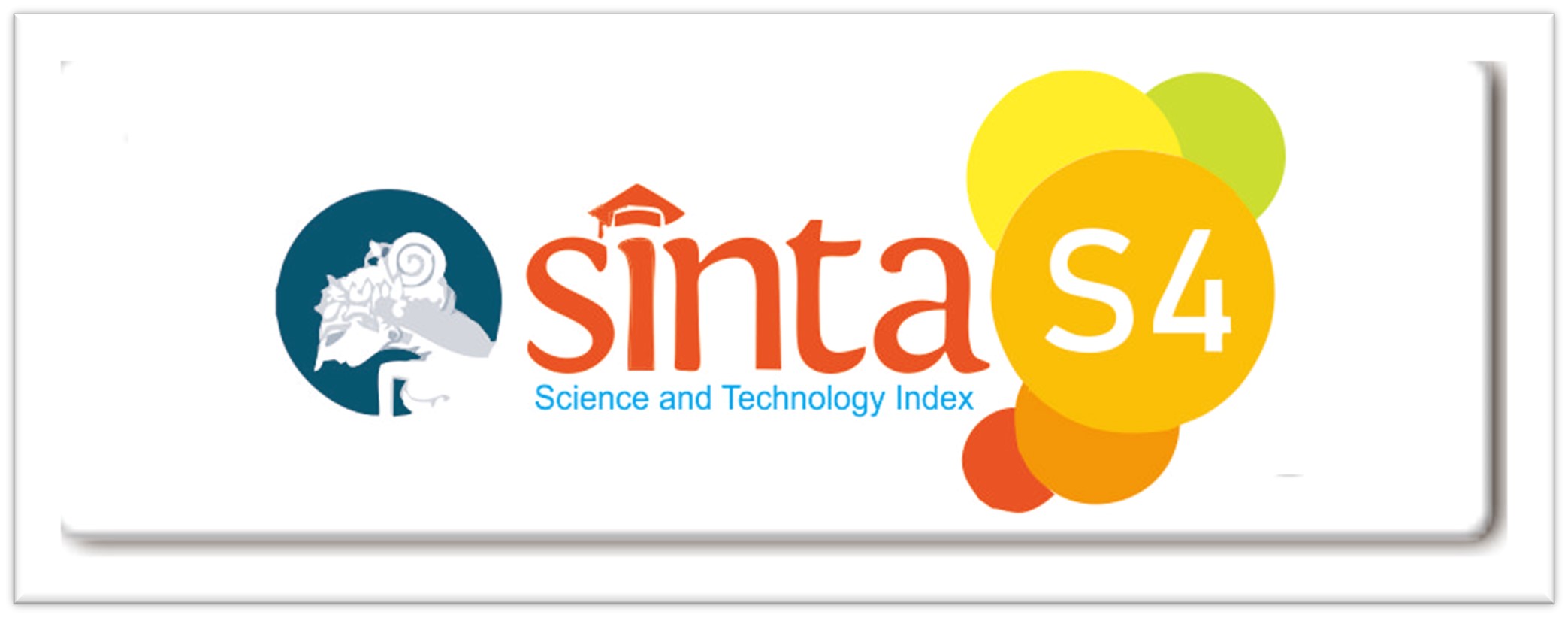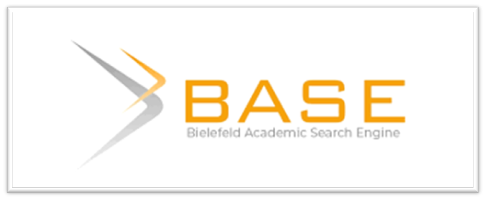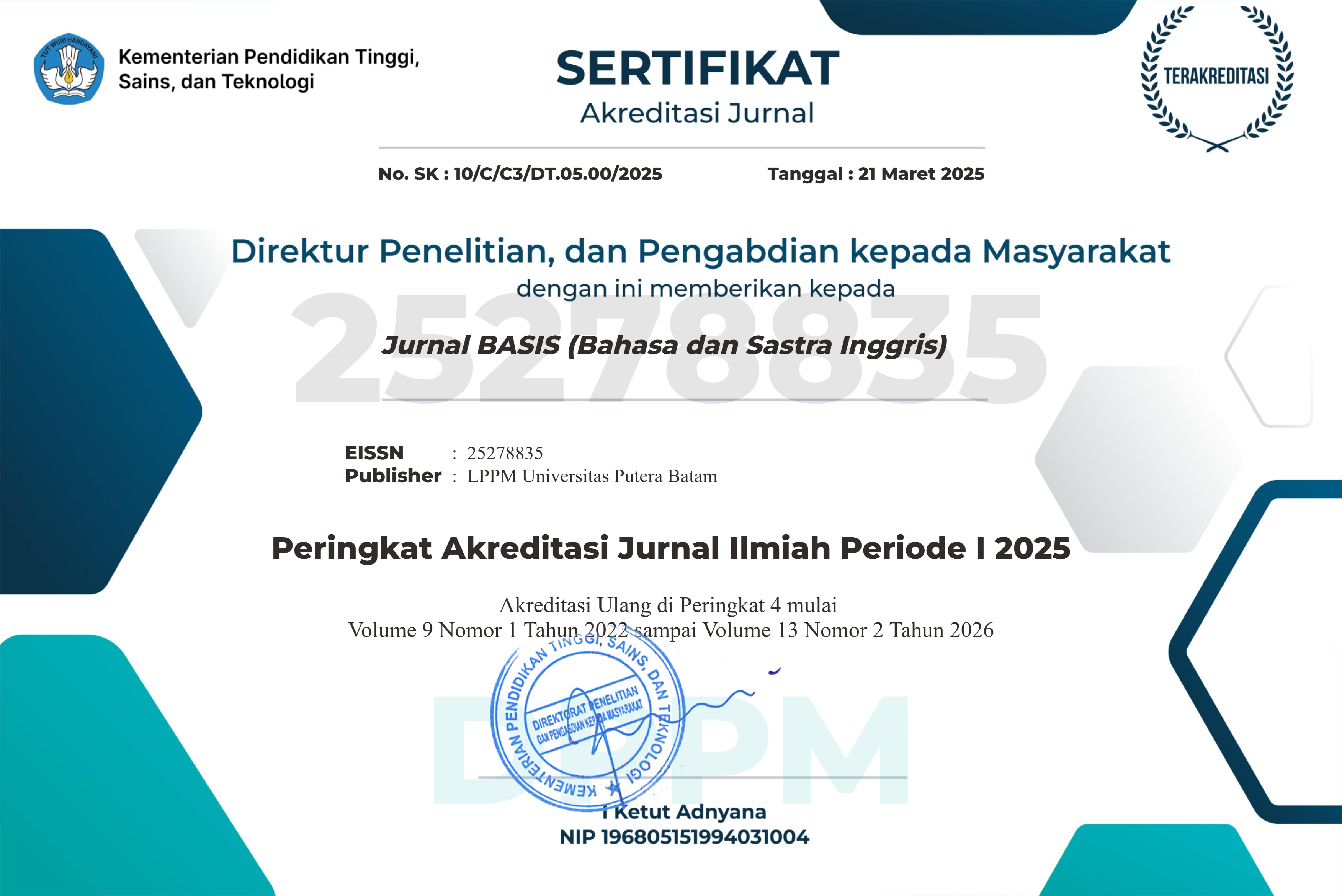ILLOCUTIONARY ACTS UTTERED BY THE MAIN CHARACTER IN FEAR OF RAIN MOVIE: PRAGMATIC APPROACH
DOI:
https://doi.org/10.33884/basisupb.v8i2.4441Kata Kunci:
Illocutionary Acts, pragmatic, speech actAbstrak
Speech acts are pragmatic elements that involve speaker and hearers in every conversation in which it has an illocutionary act. The purpose of the research was to find out the types and functions of illocutionary acts. This research used descriptive qualitative method. The data analyzed used the theory of Searle. The source of data is utterance of the main character in Fear of Rain movie. In this research, there are 355 data which contain types of illocutionary acts, such as assertive with 189 data (53%) which consist of 7 functions (stating, informing, asserting, complaining, predicting, convincing, agreeing). Directives with 117 data (33%) consisted of 7 functions (asking, commanding, requesting, advising, warning, suggesting, inviting). Commissive with 19 data (5%) which consist of 3 functions (promising, refusing, and offering). Expressive with 30 data (9%) consisted of 6 functions (thanking, apologizing, praising, greeting, blaming, and expressing anger). The most frequently type of illocutionary act is assertive because the utterance of the main character is believed to be true based on the fact
Referensi
##submission.downloads##
Diterbitkan
Terbitan
Bagian
Lisensi













 JURNAL BASIS (BAHASA DAN SASTRA INGGRIS)
JURNAL BASIS (BAHASA DAN SASTRA INGGRIS)
